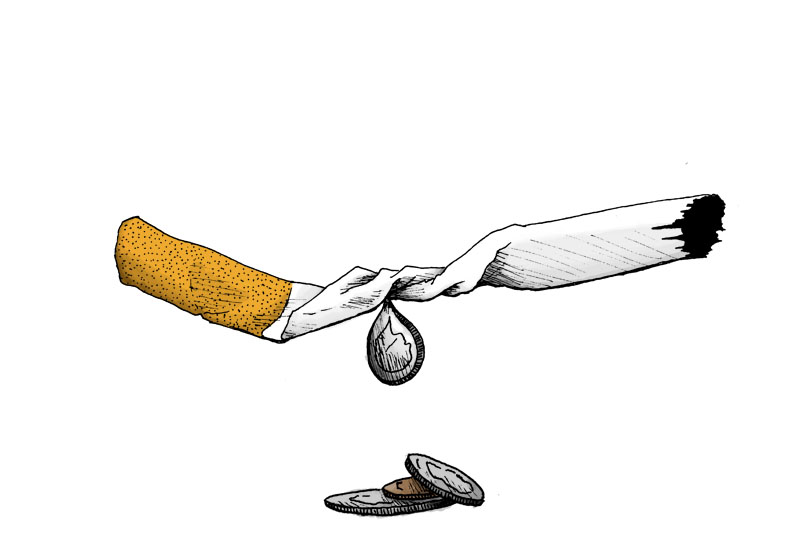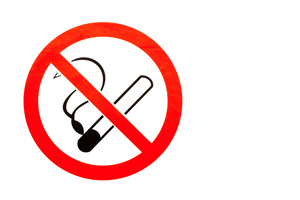People living in apartment blocks in South Korea are to face stricter smoking restrictions, according to a story in The Korea Herald.
The Ministry of Health and Welfare and the Ministry of Land, Infrastructure and Transport said yesterday the government would increase smoking restrictions at multi-dwelling units through a legal revision that would take effect on February 10.
Currently, common areas in such blocks, such as elevators, stairs and hallways, are designated ‘manageable spaces’, which the managing authorities, with the consent of half the residents, can declare non-smoking areas.
The Herald reported that, under the existing regulations, ‘balconies and bathrooms in individual units’ had been out of bounds to the managing authorities, as they were designated private spaces.
‘With the revision, a resident, sensing that someone is smoking, can report the claim to the management authorities,’ the Herald said. ‘The authorities will have the right to investigate the matter by searching private dwellings.’










